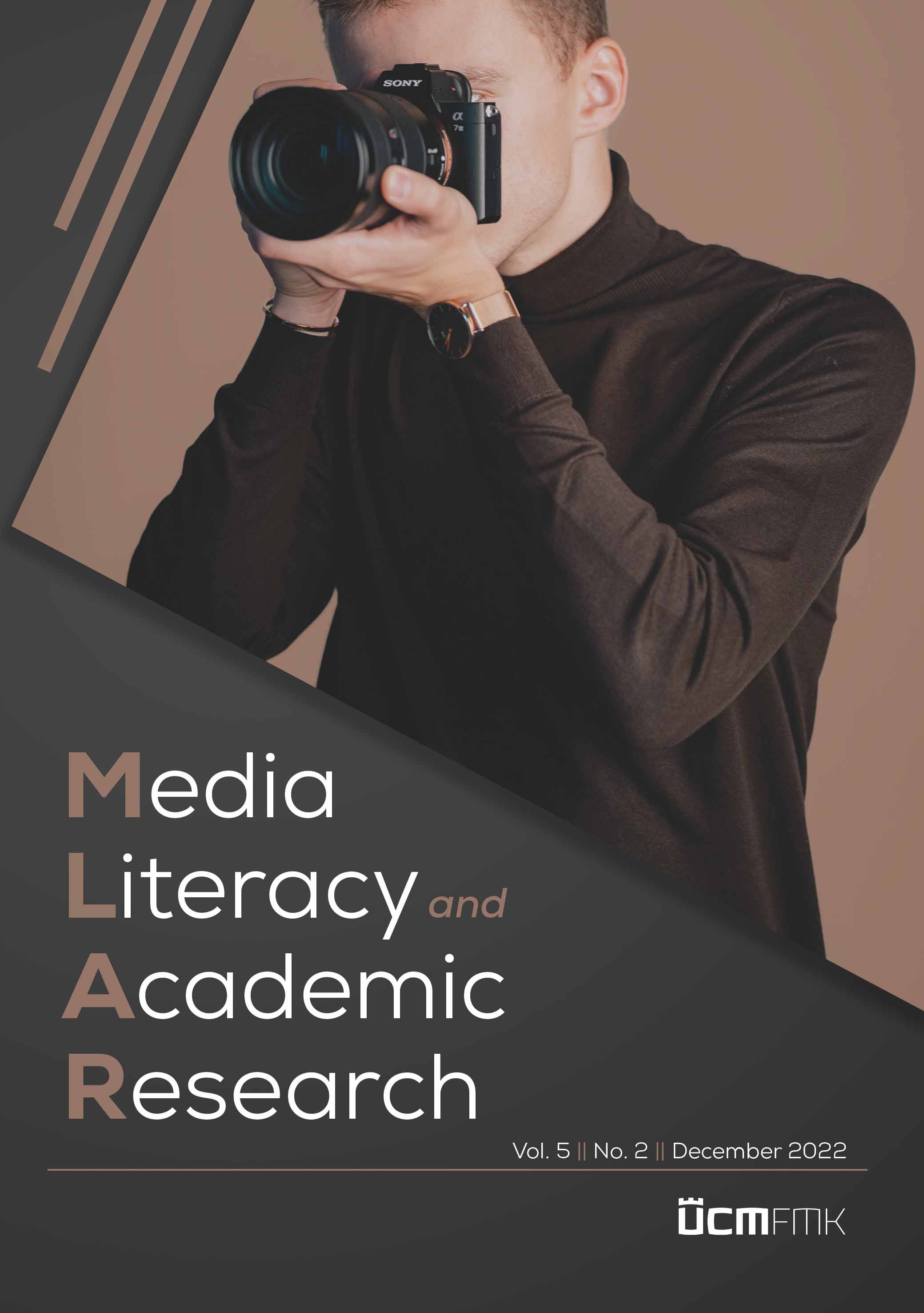Perception of the Higher Education in Digital Games by Slovak High School Students
Perception of the Higher Education in Digital Games by Slovak High School Students
Author(s): Katarína Fichnová, Zdenko Mago, Patrik LenghartSubject(s): School education, Higher Education , ICT Information and Communications Technologies
Published by: Univerzita sv. Cyrila a Metoda v Trnave, Fakulta masmediálnej komunikácie
Keywords: Attitudes; Digital Games; Game Studies; High School Students; Higher Education; Perception;
Summary/Abstract: The gaming sector is currently, with about 3 billion gamers worldwide, one of the best developing segments in society, not negatively affected even by the COVID-19 pandemic. As the interest in working in this sector increases, so does the interest in higher education in this field. Although the first steps in establishing game studies on the academic grounds date back to the 1980s, this study field institutionalization beginnings can be talked about since 2000 with occurring the ludology definition and the emergence of the first game-oriented scientific journals. Despite the difficult start, in the present, studying digital games is not so limited, partial as well as full degree study programs appear at universities all around the world, but high school graduates are often not aware of these options, even in their nearest surroundings. The study aims to identify the level of awareness of the possibilities within higher education in the field of digital game studies and to determine the attitudes of potential future university students to this field of education in Slovakia that in recent years has significantly eliminated the gap between the level of the Slovak and the Western (or world) gaming sector after the fall of the Iron Curtain. In the study, the authors respond to the three main problems via research completed with a representative sample of respondents. Data show that the level of awareness about these study options if is insufficient, but not lower than the awareness about other study programs. The discovered attitudes are of little consistence and their valency tends from neutral to slightly negative. However, statistics show that respondents perceive the study program of digital gaming as potentially pleasant and at the same time, there is a significant correlation between playing digital games and displaying positive attitudes towards potential studying of the field in the target group.
Journal: Media Literacy and Academic Research
- Issue Year: 5/2022
- Issue No: 2
- Page Range: 95-109
- Page Count: 15
- Language: English

